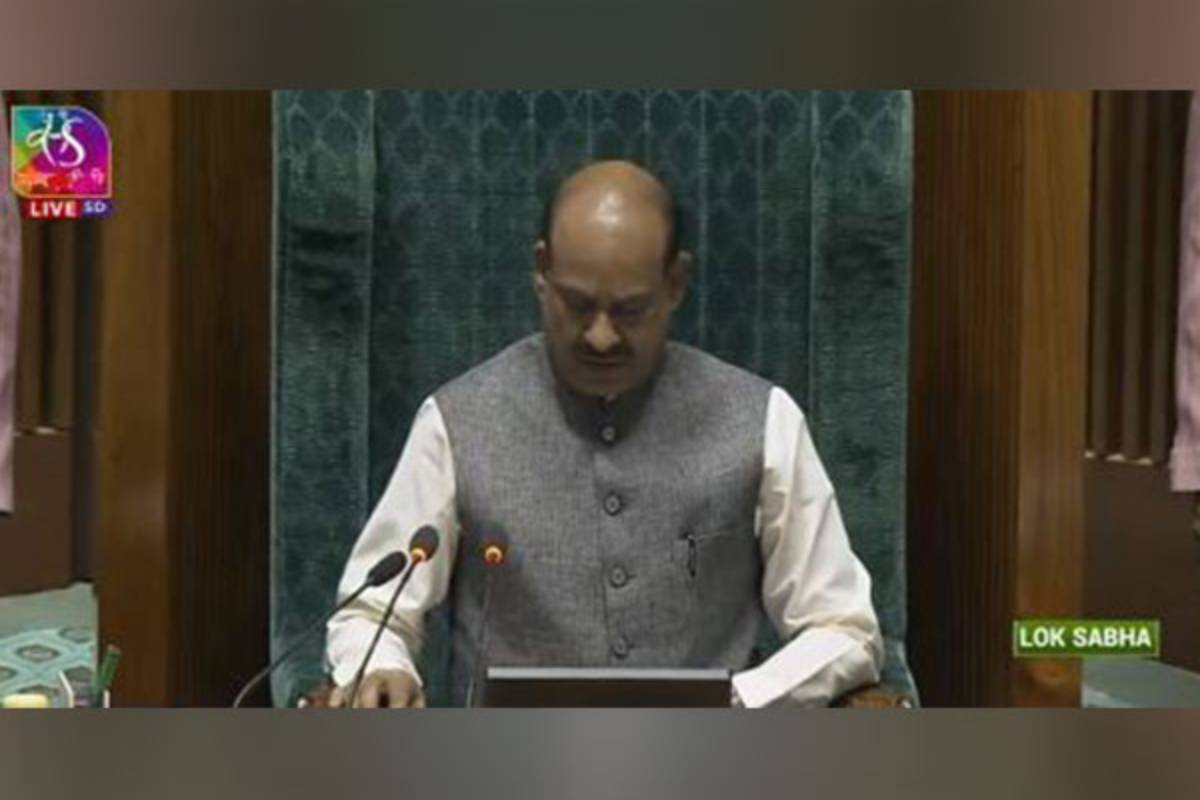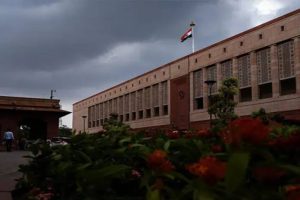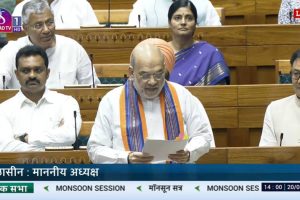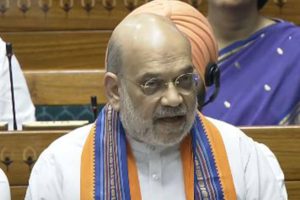On Tuesday, Lok Sabha Speaker Om Birla revealed the extension of translation services in Parliament to include six new languages: Bodo, Dogri, Maithili, Manipuri, Urdu, and Sanskrit.
Speaking in the House, Birla noted that translation services were already available in 10 languages—Assamese, Bengali, Gujarati, Kannada, Malayalam, Marathi, Odia, Punjabi, Tamil, and Telugu—as well as Hindi and English. The new additions bring the total number of languages covered to 16.
Birla explained, “We have now included Bodo, Dogri, Maithili, Manipuri, Urdu, and Sanskrit. Additionally, as we secure the necessary human resources, we aim to expand simultaneous translation services to cover more of India’s officially recognized languages.”
He further emphasized India’s commitment to inclusivity, saying, “Our parliamentary system reflects the democratic ethos of India by offering translation services in numerous languages. On the global stage, when I discussed our efforts to provide translations in 22 languages, it was met with admiration. Our goal is to eventually include all 22 officially recognized languages.”
However, the announcement was met with objections from DMK MP Dayanidhi Maran, who questioned the inclusion of Sanskrit in the translation services. Maran argued that Sanskrit, spoken by only about 70,000 people according to the 2011 census, was not widely understood in India, and criticized the decision as a waste of taxpayer money. “It is not a practical language for communication in any Indian state. Why should we spend public funds on this, driven by your RSS ideologies?” Maran asked.
In response, Speaker Birla firmly defended the inclusion of Sanskrit, reminding Maran of the language’s historical significance. “This is India, where Sanskrit has been the ‘Mool Bhasha’ (root language). We have mentioned 22 languages, not just Sanskrit. Why is there an issue with Sanskrit?” Birla asked, emphasizing its cultural importance.





